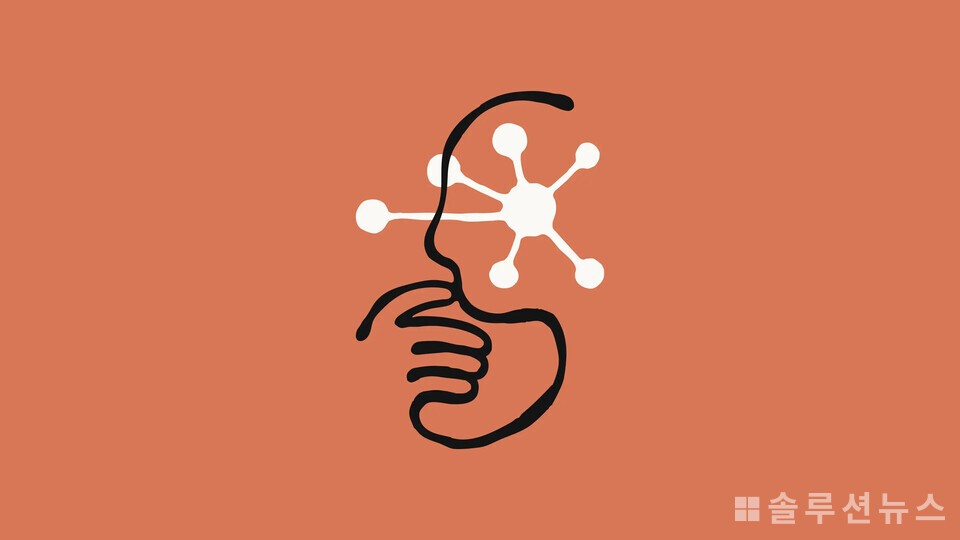The court halted claims of copyright infringement.
The AI company Anthropic avoided legal restrictions from the U.S. federal court regarding the use of copyrighted song lyrics for training its chatbot. This ruling is noted for leaving an important precedent regarding the legal boundaries between the learning scope of generative AI and copyright protection.
On March 26, 2025 (local time), U.S. Federal Judge Yumi Lee rejected the music publishers’ request for a preliminary injunction against Anthropic. The court determined that the publishers failed to prove that they suffered irreparable harm due to copyright infringement. Additionally, the court noted that the injunction was ambiguous and could result in unpredictable costs for the company.

The clash between AI training and fair use.
This lawsuit began with music publishers suing Anthropic for using numerous song lyrics in training its AI chatbot ‘Claude.’ They claimed that the massive use of copyrighted content for AI training constituted infringement and called for legal sanctions.
The journalist used Anthropic’s AI chatbot ‘Claude’ to create a jingle for ‘Solution News’ by referencing lyrics from aespa’s “Whiplash.” However, Anthropic argued that the usage qualified as ‘fair use.’ The company contended that using copyrighted works for AI learning forms an intermediate copy for new technology development and, based on existing precedents, does not constitute copyright infringement. Furthermore, Anthropic stated its plans to introduce specific filtering measures to prevent lyrics from appearing in future AI outputs.
The judge pointed out that the publishers failed to specify which songs would be affected by the injunction request. The proposed injunction could have applied to future copyrighted works, but its lack of specificity meant it lacked legal efficacy.
Main lawsuit and subsequent impact.
This ruling is just the beginning of the wide-ranging AI copyright disputes currently underway. Many media and content companies, including the New York Times, have filed similar lawsuits against AI companies like OpenAI and Microsoft. The outcome of Anthropic’s case is expected to serve as a crucial reference in these disputes.
Despite the court’s decision, music publishers maintain their stance to continue the lawsuit. They emphasized in a joint statement that “this ruling is only at the injunction stage,” and expected the rights of copyright holders to be confirmed in the main lawsuit regarding unauthorized use of copyrighted works by AI companies. They are notably focusing on claims for monetary damages.
The need to redefine legal systems amid AI technological advancement.
This case highlights the legal gaps faced by the copyright system with the accelerated pace of AI innovation. Whether the usage of copyrighted content for AI learning falls under fair use is a central issue that will determine the future direction of AI development. The court’s ruling allows for the possibility of viewing AI training as ‘transformative use,’ which could have significant implications for the AI industry as a whole.
The legal and technological sectors expect this ruling to encourage more AI companies to expand their range of training data. Conversely, creators need to redefine content protection methods and seek copyright protection and monetization strategies suitable for the AI era.
With the spread of AI technology, the interpretation of copyright law has emerged as an issue that influences the balance across cultural and industrial sectors beyond simple legal disputes. This ruling may be the first indication of which way the balance will tip.